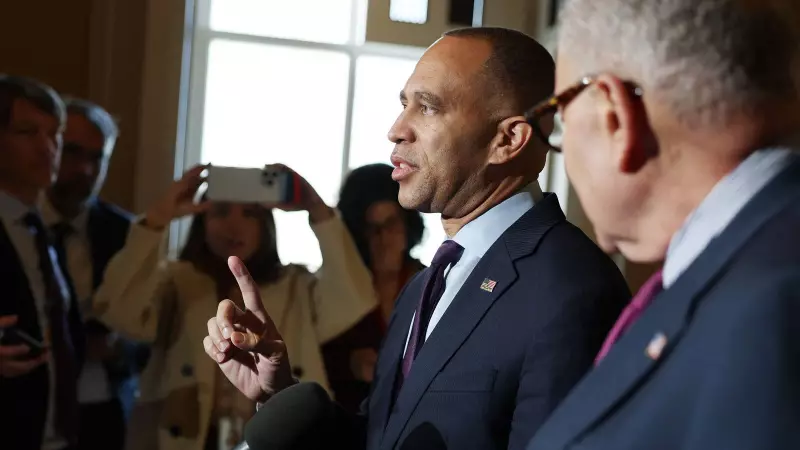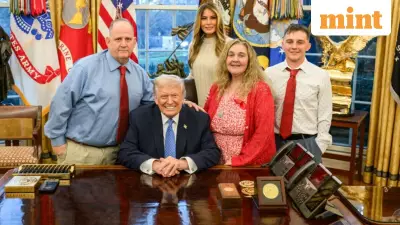
The United States government shutdown has now stretched into its fourth grueling week, creating one of the longest federal funding gaps in the nation's history. The political deadlock shows no signs of resolution as both parties remain entrenched in their positions.
The Democratic Stance: Protecting Healthcare Subsidies
Democratic leaders are digging in their heels, demanding that any agreement to end the shutdown must include crucial protections for Affordable Care Act subsidies. They argue that millions of Americans rely on these healthcare benefits and that any funding bill must safeguard these vital provisions.
"We cannot in good conscience reopen the government without ensuring that hardworking Americans won't lose their healthcare coverage," one Democratic representative emphasized during recent negotiations.
Republican Position: Reopen First, Negotiate Later
Meanwhile, Republican lawmakers maintain their firm stance that the government must reopen immediately before any substantive policy discussions can occur. They contend that holding government operations hostage over specific policy demands sets a dangerous precedent.
"The American people deserve a functioning government first and foremost. We can address policy differences through the normal legislative process once federal operations resume," a senior Republican senator stated.
Growing Impact on Federal Operations
The prolonged shutdown continues to wreak havoc across numerous government agencies:
- Hundreds of thousands of federal employees face delayed paychecks
- Essential services experience staffing shortages
- National parks and monuments operate with limited resources
- Government contractors face project delays and financial uncertainty
Economic Consequences Mount
Economic analysts warn that the extended shutdown could begin affecting the broader economy if not resolved soon. Small businesses that rely on government services and federal employees' spending are particularly vulnerable to the ongoing political impasse.
As both parties prepare for another week of negotiations, millions of Americans watch anxiously, hoping for a breakthrough that would end what has become one of the most protracted government funding crises in recent memory.





